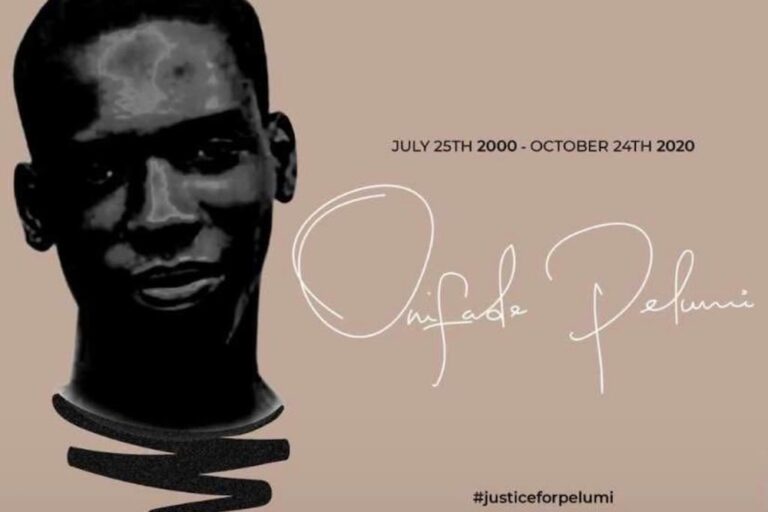Threats, intimidation, physical attacks and unlawful arrests of journalists have reached alarming levels since the beginning of the year, says RSF.
(RSF/IFEX) – 16 April 2011 – Reporters Without Borders has recorded more than 30 attacks on media freedom so far this year, despite reforms and the promises of incumbent President Goodluck Jonathan to ensure the free flow of news during the campaign for the 9 April parliamentary elections and today’s presidential election.
Nigeria has one of the poorest media freedom ratings in Africa and is ranked 145th out of 178 countries in the 2010 Reporters Without Borders worldwide Press Freedom Index. It is a dangerous place for journalists to work.
The country does have a diverse media and a flourishing Internet scene, however, and the Senate passed a law last month giving public access to official information, as long as it does not affect national security. But threats, intimidation, physical attacks and unlawful arrests of journalists have remained at an alarming level since the beginning of the year.
Police and intelligence services versus journalists
The country’s State Security Service (SSS), which was on the Reporters Without Borders worldwide list of predators of press freedom for several years until being taken off in 2010, is still a repressive body which targets and arrests journalists. US-Nigerian journalist Okey Ndibe was arrested and interrogated at Lagos airport on 8 January this year and his passports seized for two days.
Nankpah Bwakan, a journalist with Newsstar, Francis Zhitta (of Star Pointer) and Nandom Kura (of the News Herald) were arrested on 10 March and held for three days at SSS premises in Plateau state, accused of possessing and distributing leaflets insulting state governor Jonah Jang, which the journalists denied. State information commissioner Gregory Yenlong said they were undermining state security even though the journalists had probably collected them just to read them.
The Kaduna correspondent of the newspaper Punch, Segun Olatunji, was arrested and held at SSS offices for seven hours on 3 April, probably on the orders of local SSS director Yomi Zamba, after the paper ran an article headlined “Angry Voters Set INEC Office Ablaze in Kaduna”, about public reaction to postponement of the 2 April parliamentary elections. Members of the Independent Electoral Commission (INEC) took offense to the article.
The new national police inspector-general (since September 2010), Hafiz Abukabar Ringim, was involved in other arrests. Abdulazeez Abdullahi, general manager of The People’s Daily, and Ahmed Ibrahim Shekarau, its bureau chief in Utako (Abuja district), were interrogated for six hours by the Special Investigation Unit at police headquarters on 10 January after an article said state governors had paid huge sums to the election campaign of President Jonathan and his vice-president, Namadi Sambo. Presidential adviser Dr Akilu Sani Indabawa had protested the article and threatened to take the matter before the attorney-general.
Tukur Mamu, editor of the Kaduna weekly Desert Herald, is being hunted down on orders of the police inspector-general. After being warned he was a target, he managed to escape 10 security agents who came to the paper’s offices on 12 April and seized important documents. He had been arrested in 2009 for writing articles deemed to “harm the government’s interests.”
( . . . )


